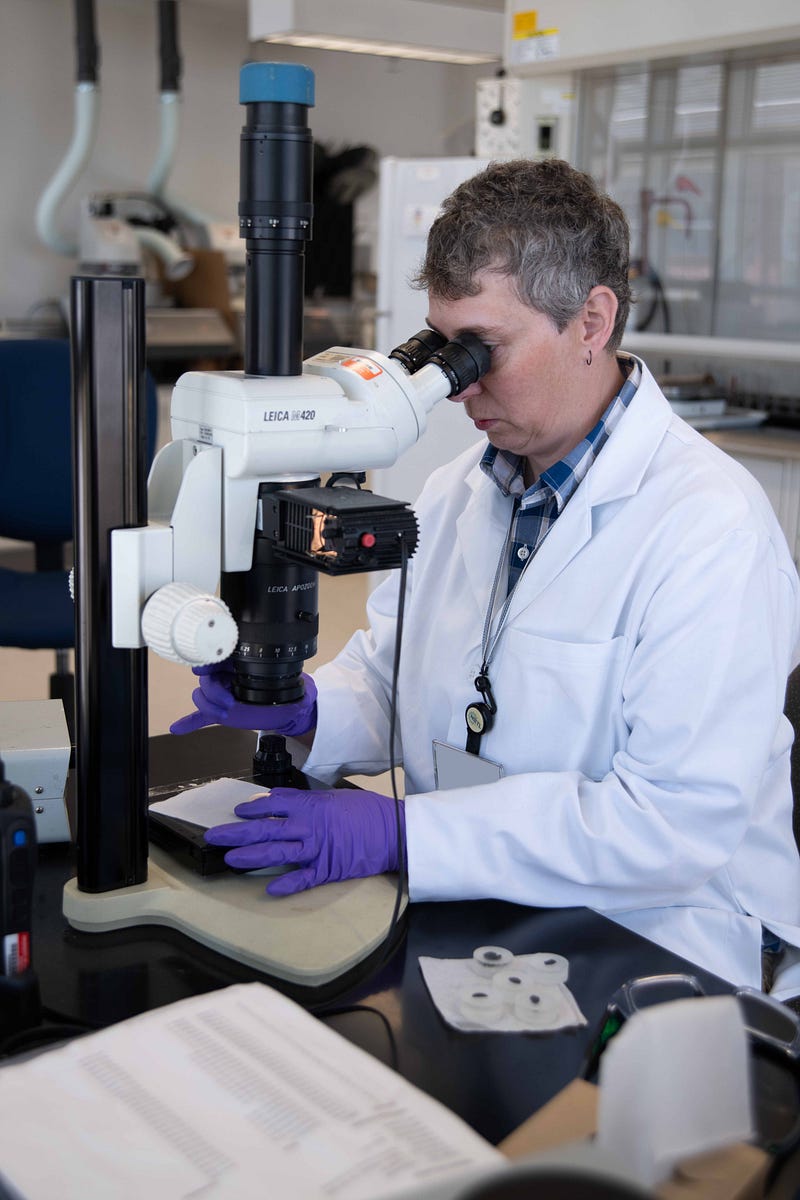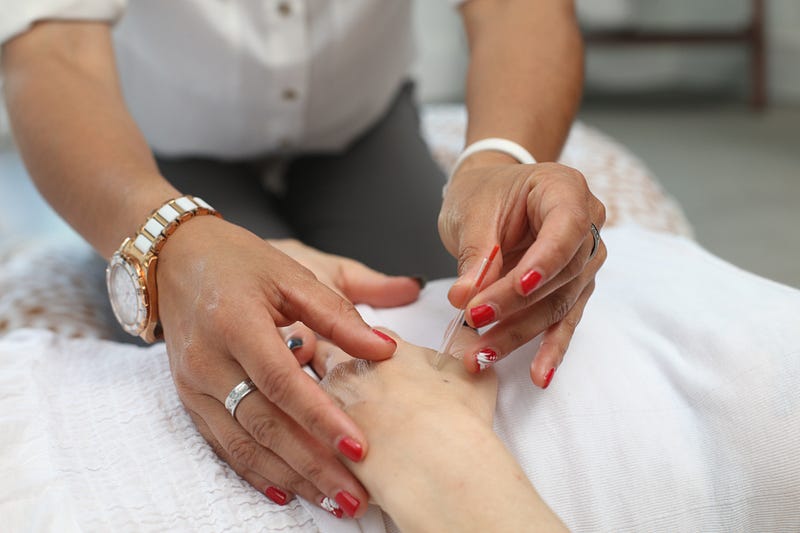Exploring the Reality of Homeopathy: Science or Placebo?
Written on
Understanding Homeopathy
What are your thoughts on homeopathy? Did you grow up with it in your household as a common holistic remedy, perhaps even taking its effectiveness for granted? If you've experienced positive outcomes, it’s understandable. Practitioners often showcase neatly organized vials and symptom lists, while colorful charts in health food stores convey a sense of established science.
However, mainstream culture often ridicules homeopathy. Comedians like David Mitchell poke fun at its supporters, while medical professionals might frown upon your interest in alternatives to conventional drugs, which often come with financial incentives. If you’re someone who believes in homeopathy, you might find yourself isolated at social gatherings when expressing your views. Alternatively, you might be a skeptic who is intrigued when a new partner suggests homeopathy for issues like sexual performance or weight loss.
Research Perspectives on Homeopathy
At some point, you may find yourself investigating whether homeopathy has any real scientific backing. For an average person, navigating this controversial topic can be challenging. Depending on your search terms, you may come across articles that either dismiss homeopathy as no more effective than a placebo or highlight studies that suggest otherwise.
To truly understand the scientific evidence, it’s essential to set aside biases and consider the various factors influencing contradictory research. Peer review processes, researcher biases, and selective reporting can all skew the understanding of homeopathy’s efficacy. With remedies that operate on subtle energies, the truth may remain elusive, yet many studies warrant consideration.

The Google Effect and Public Perception
It's important to recognize that search engines like Google can shape public opinion and influence which articles rise to the top. For instance, a 2012 article by Edzard Ernst in The Guardian raises critical points about homeopathy, noting its foundational principles contradict established scientific concepts.
He cites over 200 studies with inconsistent results and stresses the need for a systematic review of how each was conducted. Many reviews conclude that homeopathy’s effects are primarily placebo-driven. Interestingly, some research suggests that the benefits may stem from the consultation process itself, where the act of discussing one’s health can be therapeutic.
The Role of Human Experience
Consultations can enhance well-being as individuals become more attuned to their health. When someone listens to their concerns, it can foster hope and motivate change. Through this process, patients may confront various psychological and physiological aspects of their symptoms, leading to newfound insights and healthier habits.
This phenomenon underscores a significant aspect of human nature and the placebo effect. While it may not always be effective, some individuals can experience healing through their belief in a treatment, indicating a complex interplay between mind and body. However, it’s crucial not to generalize this capability to everyone, as such beliefs can lead to harmful victim-blaming narratives.
Beliefs Within the Homeopathic Community
From my understanding, many homeopaths may not actively seek to reassess their beliefs based on new evidence. Instead, anecdotal success, a belief in a quantum worldview, and patient improvements often suffice. Nevertheless, advocates continue to promote research efforts, even in the face of potentially damaging results that could jeopardize the profession.
The Homeopathy Research Institute (HRI) is one such organization striving for rigorous scientific inquiry. Founded by Dr. Alexander Tournier, HRI aims to provide accessible research for the public and professionals alike. However, biases exist, including funding influences, which can affect the interpretation of results.
A systematic review from 2014 highlighted significant biases in many trials, underscoring the need for caution when interpreting findings. While some positive effects were noted, the overall quality of evidence remains uncertain, suggesting that further investigation is needed.
Personal Reflections on Homeopathy
I maintain a skeptical yet open-minded view of homeopathy, valuing statistical evidence in shaping my perspective. If homeopathy does work, it likely does so in ways we do not yet fully comprehend. My own experience with homeopathy was notable; after an acupuncture treatment left me with nerve pain, a homeopathic remedy seemingly alleviated my symptoms, albeit coincidentally.

Such experiences lead to a cognitive dissonance that is difficult to reconcile. While I acknowledge the absence of major side effects in homeopathic treatments, I prefer remedies that I can trust more explicitly. Perhaps a continued belief in a remedy could enhance its effectiveness, but skepticism often clouds my willingness to try again.
Exploring Homeopathy's Efficacy
The first video titled What Is Homeopathy And Is It Real Science? explores the foundational principles of homeopathy and its scientific scrutiny, providing insight into the ongoing debate surrounding its efficacy.
The second video, Homeopathy Explained – Gentle Healing or Reckless Fraud?, offers a critical examination of homeopathy, weighing the perspectives of both advocates and skeptics.
In conclusion, the conversation surrounding homeopathy is complex, rife with personal beliefs, scientific inquiry, and societal influences. Understanding this multifaceted topic requires careful consideration of all sides.